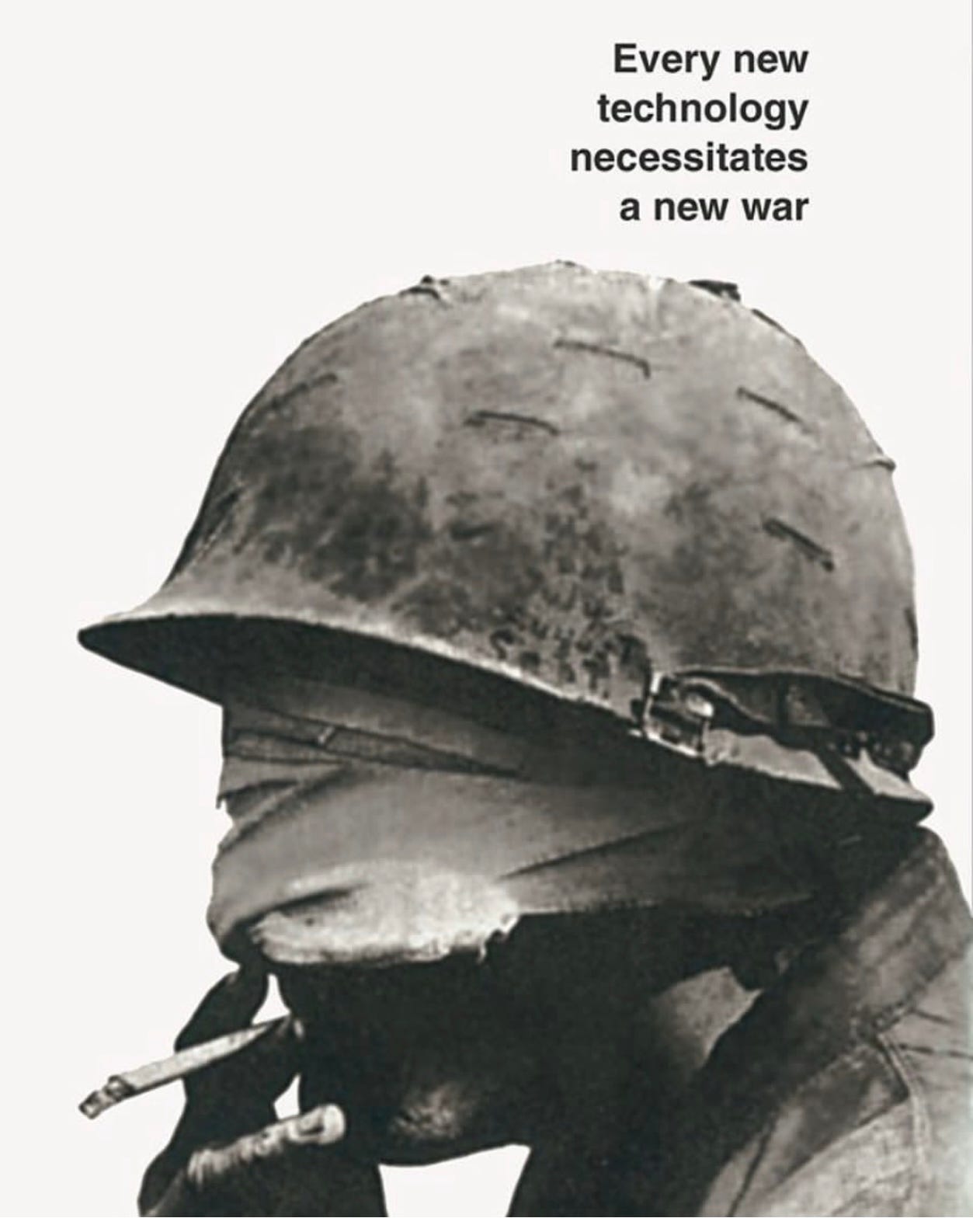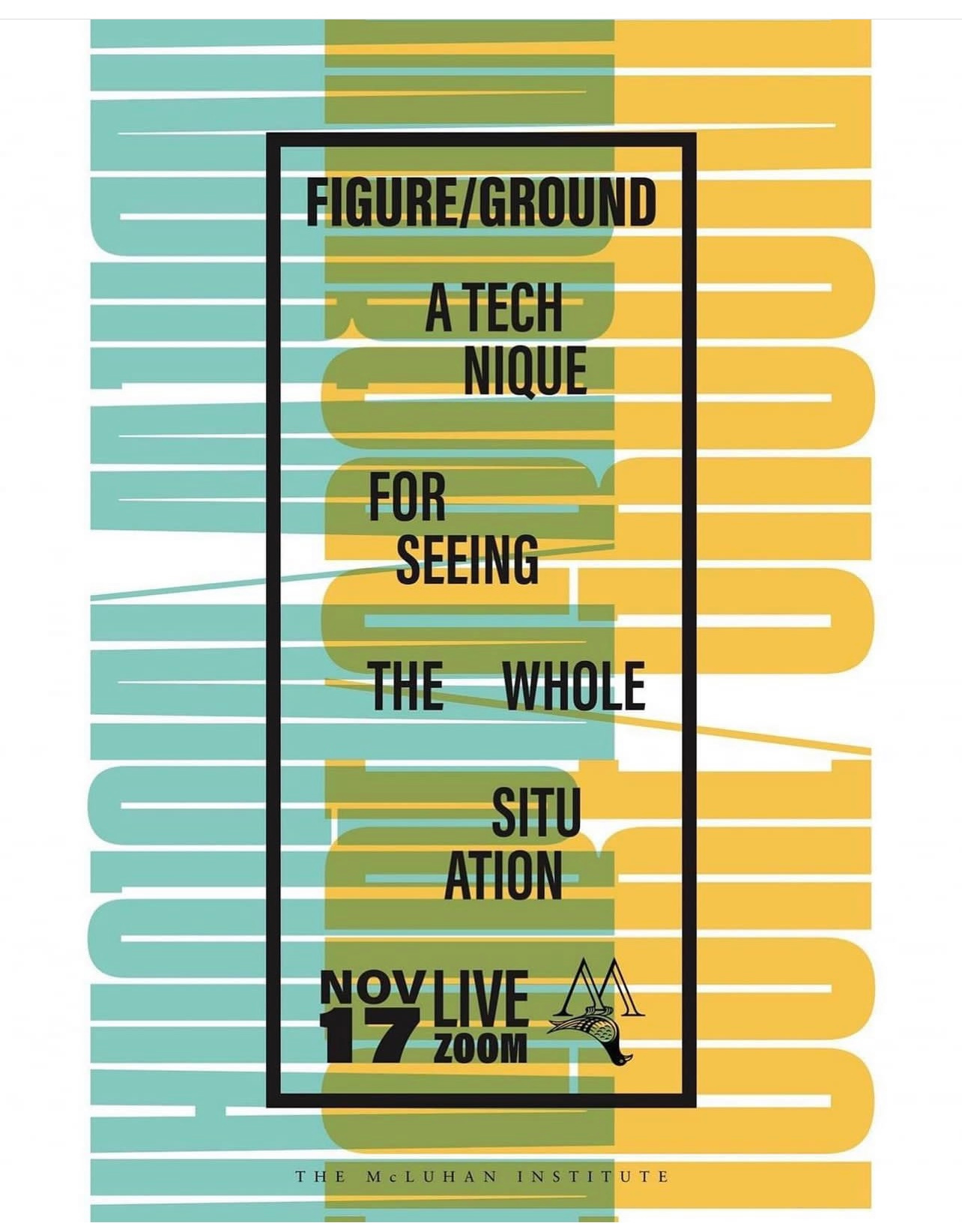Medium and Message
AI studies need focus on implications over applications.
The main benefit of developing a book is the learning along the way. The experience is further enriched through collaborations with others. For me, a notable example is Andrew McLuhan, a friendship developed while writing Perspective Agents.
I often reference his grandfather, Marshall McLuhan on my Substack. Known for aphorisms like "the medium is the message," McLuhan is to media what Einstein is to physics. He spent decades decoding—and anticipating—how new technologies change perspectives in ways we often overlook.
McLuhan wasn’t your average academic. In the 1960s and 70s his ideas captivated cultural figures like Tom Wolfe, who wrote about him, and Timothy Leary, who credited McLuhan for the phrase "Turn on, tune in, drop out." McLuhan's cultural influence extended to Madison Avenue and Hollywood, including a cameo in Woody Allen's "Annie Hall.” His ideas transcended the television age he lived in. As the digital era emerged in 1992, Wired named McLuhan its patron saint.
Like no other, Andrew’s grandfather brought to the surface the human and social consquences of mediated life. He warned media pracitioners and users to wake up to them, saying:
'You people who use the media, who own the media, who invest millions in the media and depend on the media—you don’t begin to understand the media and how they actually affect human beings.”
Going deeper, he noted a generation ago…
The gravity of technological shifts.
"The message of any medium or technology is the change of scale or pace or pattern that it introduces into human affairs. The message is the change, the message is the effect."
The importance of seeing technological transitions with clarity.
"Our survival (certainly our comfort and happiness) depends upon us recognizing the essence of our new environment."
The impact of shifts on our collective mood.
"New environments inflict considerable pain on the perceiver."
The conflicts new technologies cause.
"War is a quest to protect identity; identity is always threatened by technological innovations. The mark of our time in revolt is its revulsion against imposed patterns. Every new technology necessitates a new war."
The futility of challenging a paradigm shift.
"You don't have to use the technology to be a victim or to be affected by it. You know you didn't have to ride the railway in the 18 or 19th century to have society reorganized around the railway. You just suffer all the consequences without having any of the enjoyment."
The patterns consistent throughout history.
"Each generation relearns the world and renegotiates its relation to reality by means of the technological devices at its disposal."
The bias against seeing things as they are.
"There is a deep-seated repugnance in the human breast against understanding the processes in which we are involved. Such understanding involves far too much responsibility for our actions.”
The need to see things with maximum clarity.
"It is not an exaggeration to say that the future of modern society and the stability of its inner life depend in large part on the maintenance of an equilibrium between the strength of the techniques of communication and the capacity of the individual's own reaction."
The duty to deeply understand new mediums.
"Anyone engaged in exploration uses every available approach, every available foothold, every accessible crevice to which to cling as he scales the unknown rock face."
The mindset necessary for new explorations.
"Description before prescription. You can't prescribe something until you have a diagnosis. We can't judge whether it's a good thing or not until we get the full survey of what this thing is."
The necessity to think differently.
"The way of seeing the job at hand begins with observation. Your task is to look at things and to look at what happens. That necessitates detachment and training of a critical new awareness."
Think about these provocations in light of our current situation. The means to understand affairs vital to us are in transition. Reliance on legacy institutions has steadily declined since the advent of personal computing and the Internet. Metaphorically speaking, the "algorithms" we’ve relied on to sense what's going on are broken.
Implications of the institutional slide, combined with a fragmentation of sources that influence collective behavior, bring us to a turning point. Revisiting McLuhan’s insights helps comprehend our current state and anticipate what lies ahead.
As a public service, Andrew embraced his family's legacy of educated enlightenment by founding the McLuhan Institute. It includes books (like Understanding Media and War and Peace in a Global Village), videos (see McLuhan’s YouTube page), and tools (most notably the Tetrad and Figure/Ground).
Beyond retrieving lessons from the past, Andrew has been an invaluable partner to explore the meaning of McLuhan’s message in an AI age. As part, he graciously and appropriately penned the foreword for Perspective Agents.
His grandfather would have a lot to say about intelligent agents operating autonomously from human involvement.
McLuhan might suggest that AI-driven mediums could lead to less authentic forms of human expression or erosion of critical thinking.
He might caution that over-reliance on AI for decision-making and problem-solving could weaken these inherent human abilities. He might remind us that when we depend on AI, the less we might rely on our judgment and intellectual faculties. He might prothesize that “AI as electricity” will alter work, relationships, spirituality and personal identity. He might warn of profound implications for the "soul" and the essence of being human in an AI-driven world.
We don’t know what Marshall McLuhan would say, but one thing is for sure. More than the application of new tools like ChatGPT, Perplexity, or Stable Diffusion, we need to think through the human and social implications of an epic, technological shift ahead of us. AI will alter our thinking and being in ways we have yet to realize.
I recommend following Andrew for his interpretations and additions to his family’s extensive media studies. A breakdown in sensemaking warrants urgency to revisit McLuhan’s enduring ideas. You can find Andrew here on Substack.





Fantastic, McLuhan was a visionary. Look forward to this book!
One point from this that really stands out is the conflicts caused by new technology and how identities defend themselves. With the advent of global communications networks - i think we are seeing nations states as we know them (and the power structures that they enable) struggle against the formation of new governance structures.
The real question is, will they be willing to burn down the world instead of acquiesce to change?
I read Understanding Media in class I had in 1974. I was an American Studies major taking a seminar course entitled, Identity and Consciousness in the Modern World. My class project was an investigation into the question, "If a picture is worth a thousand words, is one word is worth one word." I compared billboards on highways with ones in urban centers. On the highways, then, the message was simple "Gas. Next Exit." In town, it was a picture of the Marlboro Man. The symbolism of the iconographic image took over advertising so that images like McDonald's Golden Arches said everything that needed to be said about there being an store at the next exit. Later, I wrote about what I call The Spectacle of the Real (https://edbrenegar.substack.com/p/the-spectacle-of-the-real). While certainly inspired by my remembrance of McLuhan's Medium is the Message/Massage, I incorporated Guy Debord, Jean Baudrillard, and Umberto Eco, to make my point. I think you are correct in asserting that technological change drives the transitions we are experiencing. It is wise to ask questions about its outcomes. Those who lean on technological innovation to make work simpler and easier, I fear, do not realize that there is a consequent loss of skill and creative capacity that results. I see it in my use of grammar apps. If I accepted every suggested change, I'd loss my individual voice. In addition, I suspect that a new hierarchy of creative merit may be one of the benefical outcomes that we'll find coming from those who use AI sparingly.